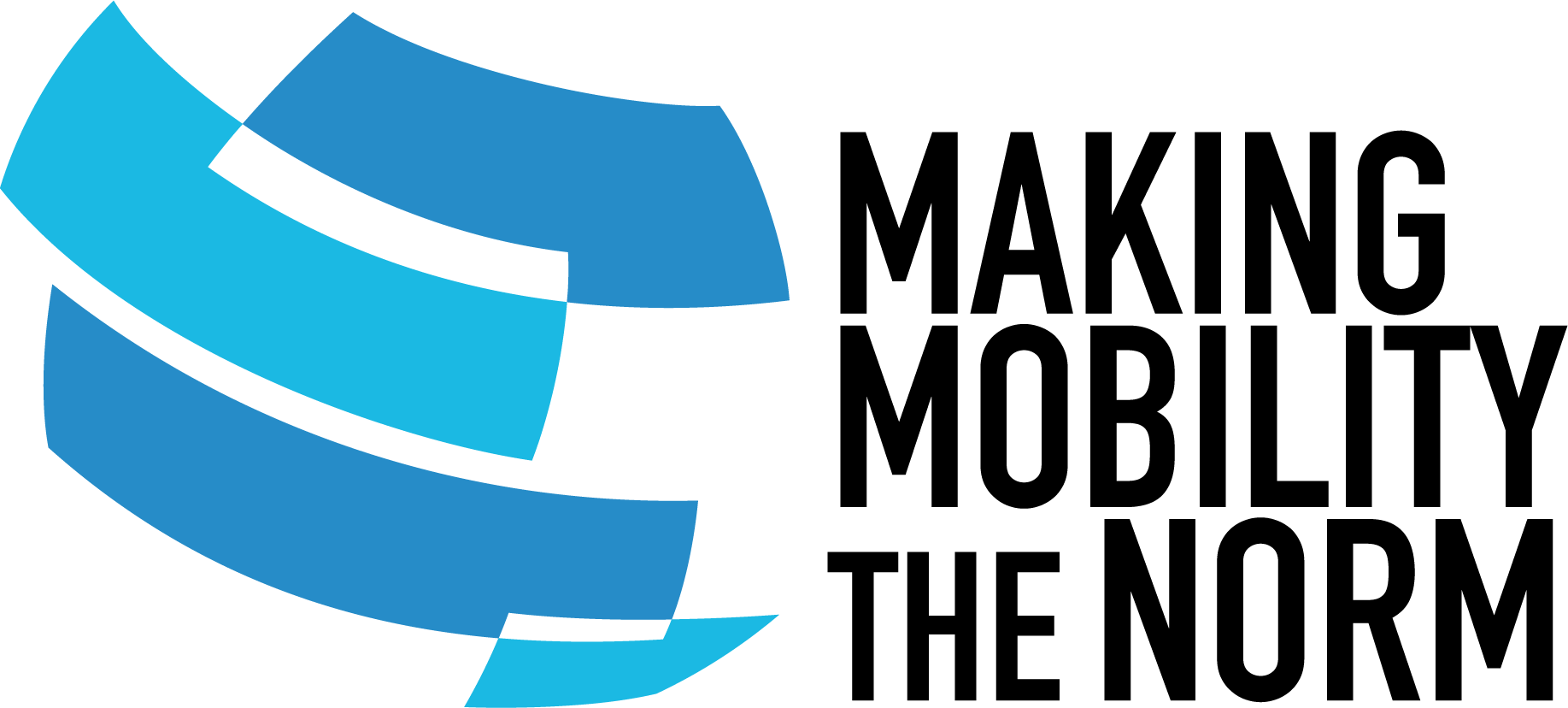Institution
Organizational Unit
Code
ΨΥ-836
ECTS
4
Language of instruction
Greek
Academic term
2/2
Title
ΕΞΕΛΙΚΤΙΚΗ ΨΥΧΟΛΟΓΙΑ: ΚΟΙΝΩΝΙΚΟΓΝΩΣΤΙΚΗ ΑΝΑΠΤΥΞΗ el
DEVELOPMENTAL PSYCHOLOGY: SOCIO-COGNITIVE DEVELOPMENT en
Description
The course aims to familiarize students with the current research questions in the field of cognitive development and the development of socio-moral reasoning as well as with the prospectives for future research. It focuses on the major theories of cognitive development and socio-moral reasoning including both older and contemporary ones, on their critical review, the relevant research findings and their potential applications in education. In particular, the following topics are discussed during the semester:
(1) Psychology of cognitive development: Introductory issues and research methods.
(2) Constructivism: Vygotsky’s and Piaget’s views of cognitive development.
(3) Putting Piaget’s and Vygotsky’s theory into perspective.
(4) Information processing views of cognitive development. Principles, research and classroom applications. Critical review.
(5) Neo-Piagetian theories of cognitive development: J. Pascual-Leone, K. Fischer, R. Case. Principles, research and classroom applications. Critical review.
(6) Knowledge restructuring theories: Principles, research and classroom applications. Critical review.
(7) Development of moral and prosocial reasoning: Theoretical and methodological issues, constractivistic approaches (Piaget, Kohlberg).
(8) Critical review of Kohlberg’s theory: The theory of C. Gilligan. Methodological and ethical issues. Promoting moral development in the classroom.
(1) Psychology of cognitive development: Introductory issues and research methods.
(2) Constructivism: Vygotsky’s and Piaget’s views of cognitive development.
(3) Putting Piaget’s and Vygotsky’s theory into perspective.
(4) Information processing views of cognitive development. Principles, research and classroom applications. Critical review.
(5) Neo-Piagetian theories of cognitive development: J. Pascual-Leone, K. Fischer, R. Case. Principles, research and classroom applications. Critical review.
(6) Knowledge restructuring theories: Principles, research and classroom applications. Critical review.
(7) Development of moral and prosocial reasoning: Theoretical and methodological issues, constractivistic approaches (Piaget, Kohlberg).
(8) Critical review of Kohlberg’s theory: The theory of C. Gilligan. Methodological and ethical issues. Promoting moral development in the classroom.
Learning outcomes
Upon successful completion of the course, students are expected to have achieved the following learning outcomes:
(a) deep understanding of the contemporary theoretical perspectives regarding the development of cognitive processes as well as the development of socio-moral thinking,
(b) awareness of the current research questions and the perspectives of future research in the above referred domain according to the international literature,
(c) competence to associate the different theoretical perspectives to their educational applications.
(a) deep understanding of the contemporary theoretical perspectives regarding the development of cognitive processes as well as the development of socio-moral thinking,
(b) awareness of the current research questions and the perspectives of future research in the above referred domain according to the international literature,
(c) competence to associate the different theoretical perspectives to their educational applications.
